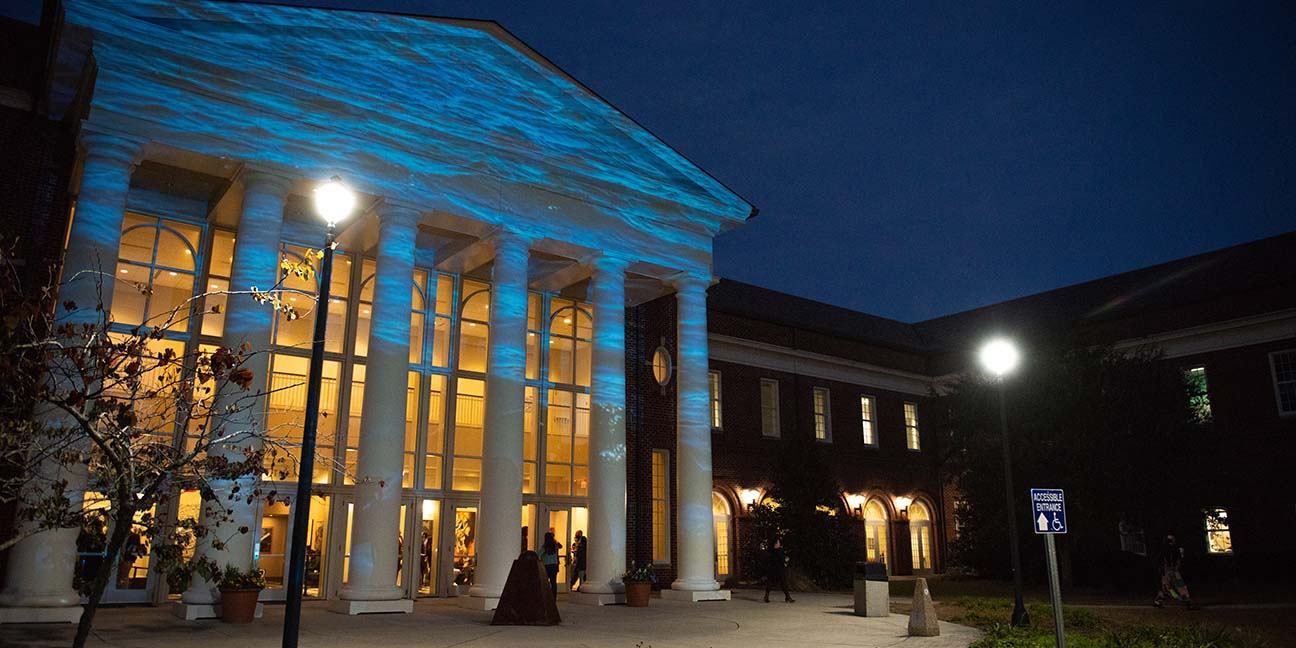Music Education, B.M.
The Bachelor of Music in Music Education degree is intended for students who have a passion for teaching music in a public or private school setting.
Music Minor (Music, Jazz, Choral Music)
The music minor provides courses in music theory and history, applied lessons, participation in performance ensembles and a variety of other music classes to further the student’s musical knowledge, as well as opportunities to emphasize studies in select areas.










